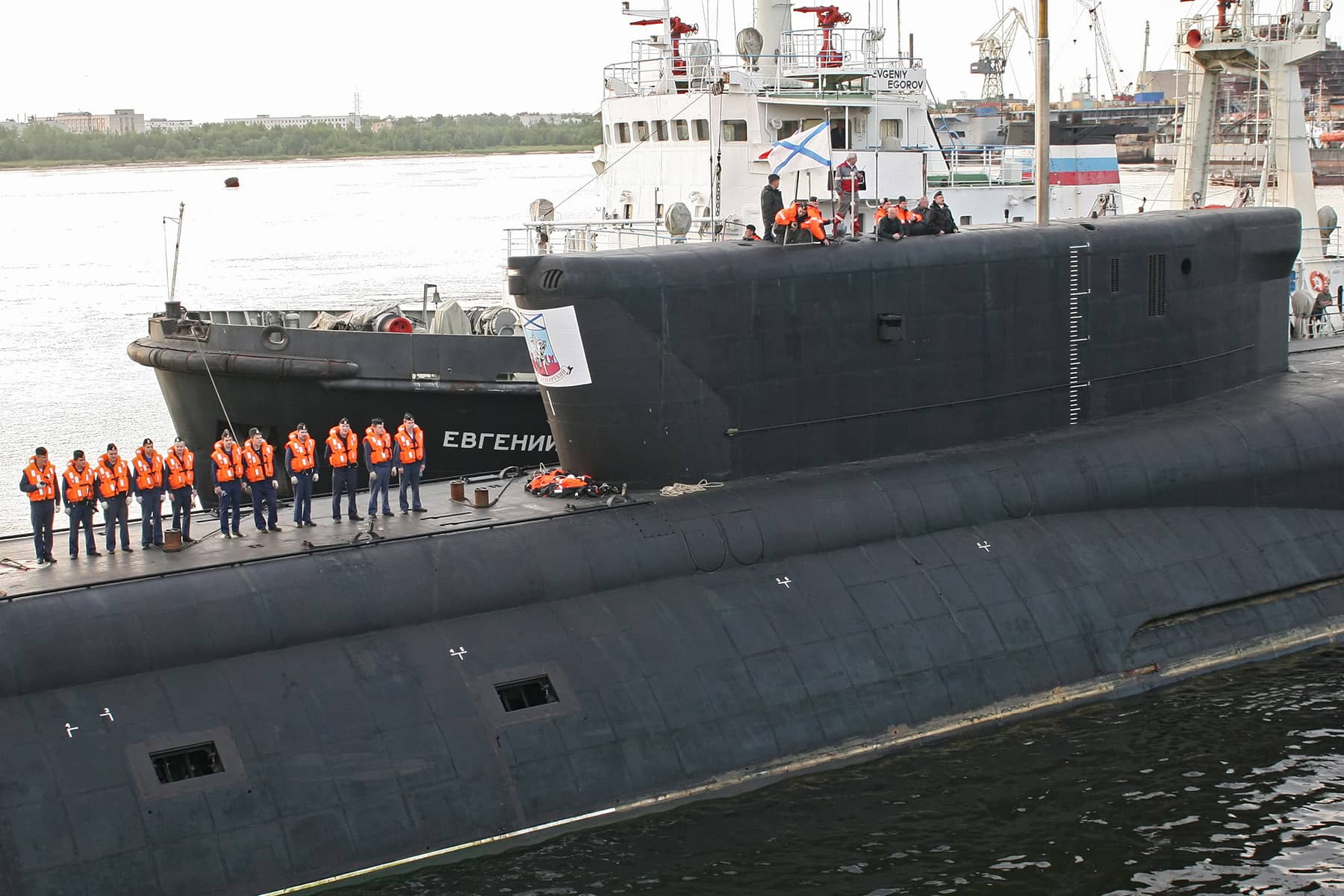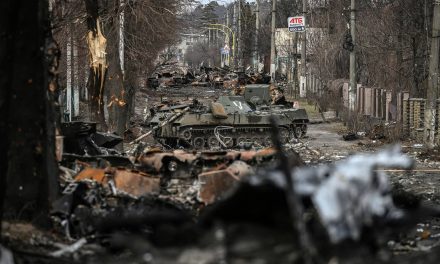
By David Stupples, Professor of Electrical and Electronic Engineering and Director of Electronic Warfare, City, University of London
It may never be possible to determine definitively if underwater explosions on September 26 at the two Nord Stream gas pipelines were the work of Russian sabotage. While the Kremlin has not taken responsibility for the attacks, its escalation of “Total War” has raised concerns that the labyrinthine network of undersea cables powering the global internet could be the next target.
The sabotage of the Nord Stream pipelines, which caused natural gas to leak into the sea and atmosphere, highlighted the threat posed by undersea attacks on critical infrastructure. Russian submarines and spy ships have been aggressively operating near vital undersea cables, furthering a sense of alarm.
The perfect global cyber attack could involve severing the fibre-optic cables at some of their hardest-to-access locations in order to halt the instant communications on which the West’s governments, military, economies and citizens have grown dependent.
Effectively this would cripple world commerce and communications, destabilize government business and introduce uncertainty into military operations. A significant volume of military data is routed via this internet backbone. The fibre-optic cables that carry the majority of the globe’s internet traffic follow designated paths under the oceans. To cause world chaos, all that is needed is some “wire cutters” like a submarine with a depth charge.
Information warfare
In 2015, Richard Ledgett, the deputy director of the U.S. National Security Agency (NSA), warned of the increasing danger of destructive cyber-attacks by nation states in addition to criminal organizations. A concerted cyber-attack against another nation state can result in the breaking down of society and the loss in ability to defend itself. Information warfare (IW) is an extension of electronic warfare, but importantly it embraces cyberwarfare.
More than 50% of effort in future conflicts will be in both cyberspace and electromagnetically in the ether – this will be known as “information warfare.” It will disrupt radio communications, radar and intelligence surveillance, military command and control, weapon systems control, aircraft navigation, national infrastructures, emergency services, and all internet communication. Severing internet backbone networks will cause major worldwide disruption causing widespread suffering without firing a single shot in anger.
In March 2003, allied forces led by the U.S. began Operation Iraqi Freedom. In the first few days of that conflict an information war took place that completely neutralized the ability of Iraq to use the electromagnetic spectrum and the internet. Its armed forces and its civilian infrastructure was virtually paralyzed. The conflict lasted just 43 days and Iraq had a formidable and well equipped military.
Attack on Estonia
In April 2007, denial of service (DoS) attacks targeted Estonian websites including the Estonian parliament, banks, ministries, newspapers and broadcasters, amid the country’s disagreement with Russia on the relocation of the Bronze Soldier of Tallinn, a Soviet war grave monument, together with Soviet war graves in Tallinn.
Cyber analysts concluded that the cyber-attack on Estonia was well planned and sophisticated with no precedent. Although Russia vehemently denied involvement the foundations for future IW were becoming established. Military strategists worldwide study the attack to for its inclusion into an order of battle, and to develop mitigating measures.
Georgia was next
Military and government strategists did not have to wait long for another example of information warfare. On July 20, 2008, just prior to the Russian military invasion of Georgia to support the self-proclaimed republics of South Ossetia and Abkhazia, a massive Russian-based internet DoS attack against Georgia began. Targets for the DDOS attack included websites of the Georgian president, Mikheil Saakashvili, the OSInform news agency and OS radio station.
It was also reported that key sections of Georgia’s internet traffic had been rerouted through servers based in Russia and Turkey – where the traffic was either blocked or diverted, effectively closing the internet in Georgia for the duration of hostilities.
There was also circumstantial evidence that the Baku–Tbilisi–Ceyhan pipeline control system was targeted by a sophisticated computer virus similar to Stuxnet which led to an uncontrolled pressure incident. The Russian government again distanced itself from any cyber involvement and blamed the Russian criminal fraternity. However, observers have acknowledged that the resources needed for this level of attack point to a nation state involvement.
Electronic warfare against Ukraine
Since its 2014 unprovoked invasion of Ukraine, cyberwarfare has become an important weapon in Russia’s military arsenal. Prior to the full-scale invasion of Ukraine on February 24, Russia deployed cyberwarfare with DDOS and malware attacks against public websites, banks, radio, and television channels and public utilities.
While Russia has suffered major battlefield setbacks in Ukraine, it has extremely potent maritime, space, and cyberspace options that are capable of inflicting damage. As the war falters further, it increases the possibility that Russia will escalate the war by attacking a pipeline, Internet cable, or satellite.
No one denies Moscow has the ability to attack these targets. But what it lacks is the capacity to carry out worldwide attacks at a scale to significantly hobble the West’s internet infrastructure.
In recent years, companies have built multiple redundancies into their undersea networks, primarily to ensure any short-term damage would not materially affect people’s online activity. As internet usage has skyrocketed, so too have these deep-sea pipes that now connect disparate parts of the world via multiple alternative routes.
Pаvеl Kоnоvоv
This article is an updated version that was originally published on The Conversation as US fears a Russian attack on undersea internet cables that could plunge world into chaos
Support evidence-based journalism with a tax-deductible donation today, make a contribution to The Conversation.














